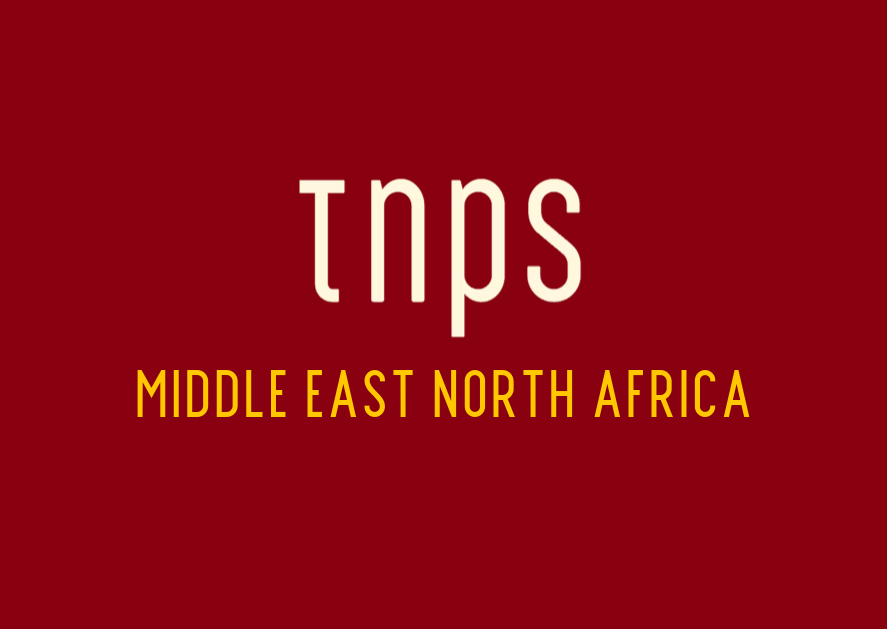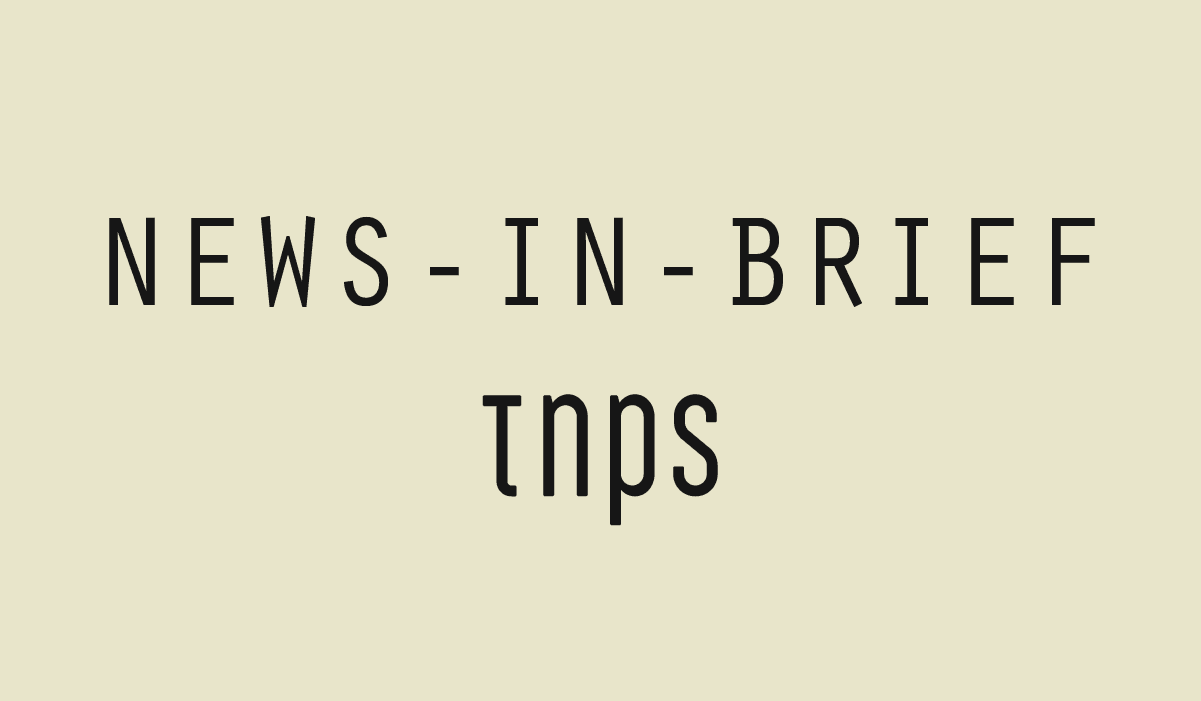Russia’s ebook giant LitRes is seeing 46% growth this year as enthusiasm for the format grows, but overall ebooks are still just 6% of the Russian book marker, reports Eugene Gerden for Publishing Perspectives today.
Russia’s Growing Ebook and Audiobook Sales in First Half of 2018
According to Gerden,
LitRes says its ebook sales through mobile applications grew by 79 percent in the first half of the year, while revenue from audiobooks is reported to have almost doubled in the same period.
LitRes’ sales from January to June are reported to have increased by 46 percent, year over year, amounting to 1.4 billion rubles (US$22 million). The company estimates its market share at 60 percent.
The key takeaway here, though, is the 85% growth seen by the LitRes subscription service MyBook in the first half of 2018.
Gerden also reports self-published ebooks are on the rise, with an unqualified suggestion that sales of self-published titles in Russia “have increased by almost 18 times year-over-year.”
No mention is made of how LitRes audiobooks are doing, but Gerden picks up on Storytel’s Russian venture, where Storytel is doing well.
Referencing Storytel Russia’s CEO Boris Makarenko, Gerden says the growth of audiobooks in Russia is related to the market’s broad geographical footprint. Many books in print don’t reach remote cities, so people are listening to them through mobile applications, just as they may be reading more of them as ebooks.
That’s an explanation that will apply across vast tracts of the world, and why audiobooks and ebooks are the future for the nascent markets where print simply isn’t a viable option.
At which point its worth stepping back from the Publishing Perspectives report to look at Storytel Russia in a wider context.
Says TechnoNews:(OP in Russian)
Audiobooks – this is a true storytelling. Telling stories is as old as speech itself. The perception of stories by ear is the oldest skill of mankind.
Further, audiobooks solve one of the oldest problems for booklovers – having time to read. In this respect, they do not have competitors, because you can listen where you can not read: while driving, while jogging, cooking, cleaning, in the gym and in the metro – at any time when hands are occupied, but the head is not.
According to TechnoNews, Storytel says 70% of Swedes who start listening to audiobooks had not been actively read before.
Add to this, Technonews argues, subscription is a much more convenient format of consumption for millions of people, as proven by Spotify, Apple Music, Netflix, Hulu, Amazon Prime Video, and even in the games business.
Says TechnoNews,
It’s the same with reading. Books are, of course, wonderful, but expensive. When you have 500 rubles, and you want to spend it in a bookstore, you need to be absolutely sure that you will really read it. Annotations on the back cover often tell us little, and no matter how the literary critics have praised the novel of a popular writer, you never know for sure whether you will agree with them.
It’s like buying albums of unknown bands in iTunes. That’s why people who listen to music on a subscription consume more – they are not attached to their purchases and are more free to choose. And at the same time they pay less.
That of course is the sting in the subscription tale for publishers.
In the example of Storytel Russia a consumer coughs up just 449 rubles per month. Dollar comparisons mean little here, but 449 rubles is about the price of a hardcover print book. Which means for the price of one hardback someone can instead enjoy “unlimited” downloads from Storytel audiobook and ebook selection.
This if course is no different from Scribd or Kindle Unlimited in the USA. At which point its worthy bearing in mind many (not all) publishers are happy putting their titles into Scribd (Kindle Unlimited is a different animal because it is owned by Amazon).
So what’s in the subscription model for publishers? Why put titles into a subscription service where consumers pay less for more?
The answer is simple, as TechnNews explains:
Download an ebook or audiobook, try it out, and if you don’t like it, return it and try another. There’s no financial loss. Buy the ebook, audiobook or print book outright, having at best seen the sample Look Inside feature, listened to a sample or read a few pages instore, and once you hand over the cash you’re stuck with the book, whether you read it or not.
Reports TechnoNews,
In Russia, Storytel employs less than ten people, but in terms of decision-making division is almost independent of the Swedish headquarters. All books are selected by our compatriots taking into account the tastes of Russian readers. From Sweden – financing, concept and technology.
This greatly improves online discovery and likely drives regular ebook and print sales alongside as subscription readers find new authors they otherwise would never have found or risked the cash on.
For indie authors, Storytel presents a challenge. Storytel is actively looking for more content, but is less lax than Amazon’s Audible when it comes to quality control.
Audible famously has a self-publishing arm, ACX, where indie author scan connect with narrators and producers and create their own audiobooks, which are sold on Amazon, Audible and, due to a quirk in the contract when Amazon bought Audible, through Apple iTunes.
Many ACX narrators and producers are of course professional, but many more are not, and as with Amazon’s Kindle store, quality controls are minimal. An author can read out their own book and if the final result is passable it will enter the catalogue.
Storytel by contrast has a strict policy that all narrators must be professionals, and while it’s not clear just what measures Storytel takes to police that rule, the upshot is that Storytel has a reputation for reliable quality that Audible and other audiobook distributors increasingly lack, and could afford Storytel an edge as it prepares to do battle in the markets where competition is.
As well as Russia and homeland Sweden Storytel is active in Norway, Denmark, Finland, Iceland, The Netherlands, Poland, Spain, India, the United Arab Emirates, Turkey and Italy, with further launches are expected in Bulgaria and Mexico before the year’s end.





